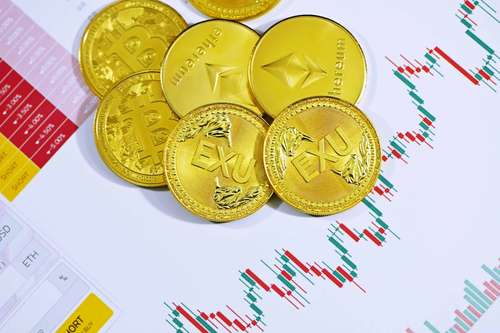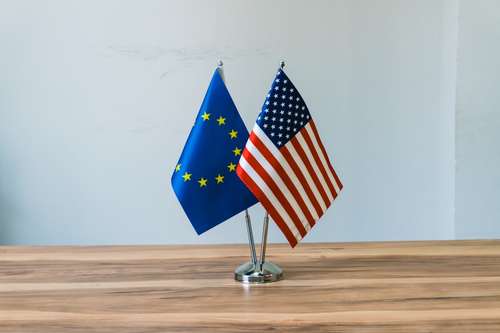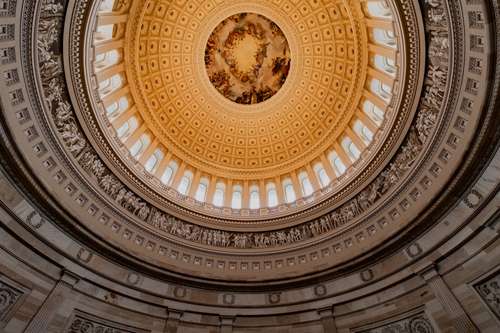Kevin Johnson, the businessman who succeeded Howard Schultz as CEO of Starbucks in 2017, handed the baton back to him this month. And Howard Schultz has already disclosed his plans for the company's future in less than a month.
One of the numerous announcements was about how the corporation will leverage the developing enthusiasm and popularity of the NFTs and the Metaverse to make a reputation for themselves in the virtual world.
Howard Schultz, a billionaire entrepreneur and the CEO of Starbucks, revealed in an Open Forum on April 4 that the company plans to enter the NFT market by the end of 2022. A few hours later, the corporation confirmed the information.
Although Schultz did not give a specific timetable for the company's transition to NFT, he stated that it would happen "sometime before the end of this calendar year."
Starbucks Arrives in the Metaverse
Schultz asked the crowd how many of them had heard of NFTs during his address. He also wanted to know how many of them had been involved with NFTs or invested in NFTs. Despite the fact that the room became silent, Schultz noted that the environment was new and that Starbucks had the best tools and collections to help people navigate it.
"I can't think of a single firm, brand, celebrity, or influencer that is seeking to build a digital NFT platform and business that has the treasure trove of assets that Starbucks has, from collectibles to the company's whole history."
Starbucks could become even more crypto-friendly as a result of Schultz's recent position as CEO. It's worth noting that other mainstream corporations aren't just funding NFT drops; they're also creating new crypto experiences like metaverse stores and cooperation with other crypto projects.
What is Starbucks' potential contribution to the NFT market?
Starbucks, as Schultz noted in his address, is more than simply a beverage company; it is a firm with years of tradition, history, and collectibles located all over the world, which a digital artist alone could not match.
That is to say, if the business sets its mind to it, it may be able to build one of the world's largest NFT marketplaces. Even if they partnered with other similar brands in the industry, such as Coca-Cola, Budweiser, or Pepsi-Cola, the number of business opportunities could be enormous, especially since these brands are already known for providing collectibles such as cans, bottles, and special editions of their favorite beverages to their customers.
The involvement of brands and companies in the virtual world is growing at an unprecedented rate.
Starbucks has a market capitalization of $96.7 billion, whereas OpenSea, an NFT marketplace created in 2017, has a market capitalization of $13.3 billion. As a result, it's no surprise that huge corporations want to begin investing in these emerging technologies.
According to Howard, the chain has the resources and knowledge needed to establish itself in the virtual ecosystem. While the plans were discussed, there was no indication of when Starbucks might become a reality.
Along with this, Howard said that Starbucks will cease its stock repurchase program in favor of investing in its partners and shops. The CEO explained why by saying,
"I'm not in business to make every choice based on the stock price, the quarter, or EPS, or to increase shareholder value at the expense of our workers or customers."
Is It Getting Out of Hand?
The thing with successful technology is that, while it takes time to build a following, once it does, everyone wants a piece of it. That is exactly what is happening right now with NFTs, crypto, and the Metaverse.
Despite the fact that the goal of Metaverse is to build a decentralized environment in which everyone and everyone may engage, it doesn't make sense to have a coffeehouse.
Fashion, accessories, and music shows can all be simulated in virtual reality, but a cup of coffee cannot.
When it comes to generating commercial opportunities relating to NFTs and the metaverse, there is definitely a place for everyone. For context, Citi estimates that the space might become a $13 trillion opportunity in the future years, dwarfing Starbucks' current worth.




